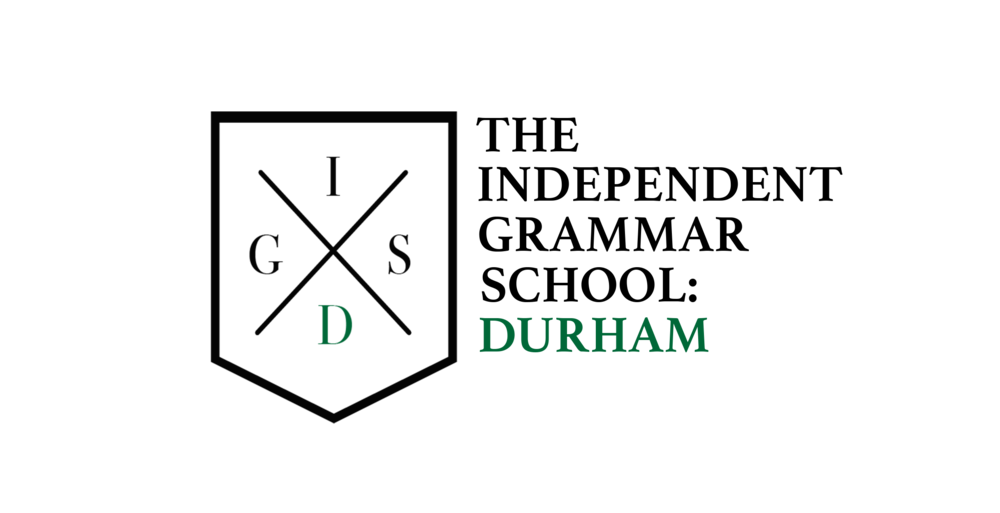It wasn’t very many years ago that a (very) senior person within the Department for Education criticised me for proposing to teach knowledge to children. I won’t go into the details but it was depressing - the view seemed to be that “imposing” a body of knowledge on young people was in some way oppressive. Ms Spielman, the head of Ofsted, has over the last few years brought a degree of sanity to the world and Ofsted is now actively encouraging a knowledge-based approach to the curriculum.
It was encouraging the other day when I and a member of the governing body attended an Ofsted conference during which we were all encouraged to develop a knowledge-rich curriculum. What has become of that (very) senior DfE official I do not know, but I expect she is now also advocating this radical approach! Never mind - that is the nature of government and none of us would be any different. Interesting, too, that Nick Gibb - that extremely tenacious education minister who seems to have been in his job for about a hundred years and is really quite good, it seems to me - interesting that just this week he has been championing knowledge and phonics and some of those more traditional things. And has been able to back up some of his assertions with hard data, showing the UK climbing the international league tables quite rapidly. No-one will give Michael Gove credit for this, of course - no-one ever gives him credit for anything and everyone hates him - but he is the man who boldly took on the “progressive” approach to education and is without question the best education secretary in living memory.
Anyway - we at IGS: Durham have always pursued a knowledge-based curriculum. The clue is in the name: our curriculum is called the Core Knowledge sequence. An enlightened Senior HMI (Ofsted inspector) called it a while ago “ahead of the game”. Whether it still is might be debatable but at least we are in line with latest Ofsted thinking (never a bad thing to be).
Which brings me back to the Ofsted conference. It was great to hear the emphasis on real knowledge acquisition - the helpful mantra we were given was “STUDY, RECALL, RECALL, RECALL”. In other words, focus on the transfer of knowledge to long-term memory. Knowledge, we were told, is at the heart of the curriculum. We have always believed that, so it is good to have our convictions, for the moment at least, confirmed by those in authority!
And as for the great Lily Middler (Year 3) - once again she has performed a feat of prodigious recall. Some might remember that some months ago she learned by heart the counties and county towns of England in alphabetical order as well as the famous “Sea Fever” by Masefield. Now she has responded to my latest memory challenge and committed to memory all the FA Cup winners from 1950 to 2022, omitting 1973, which as everyone knows doesn’t count. Last week, she recited the list, perfectly, to Mr Morse and me and thereby won a range of lavish prizes.
Clearly, knowing who won the FA Cup in 1955 won’t help Lily very much in her future education. (It was Newcastle, by the way). But being able to commit facts to long-term memory will help hugely. It’s a vital skill and might have become slightly neglected. Lily is helping us at IGS: Durham to revive it!
